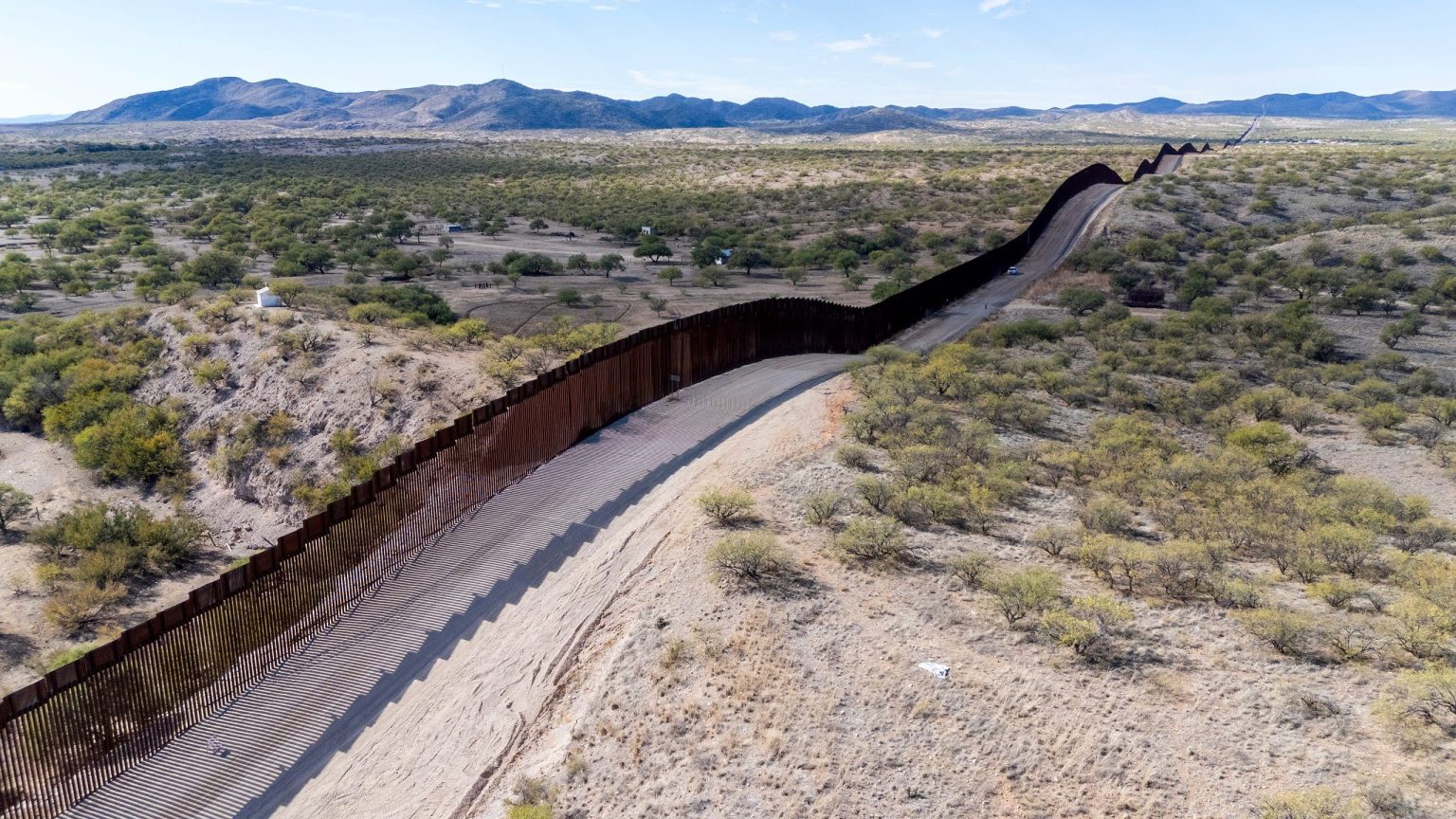The Biden administration’s decision to halt the sale of border wall materials marks a significant shift in policy, occurring just days before the inauguration of President-elect Trump, who has vowed to reinstate stricter immigration enforcement measures. This decision comes after sustained criticism from Republicans, particularly Texas Attorney General Ken Paxton, who has accused the Biden administration of deliberately undermining border security and obstructing Trump’s anticipated immigration agenda. The 30-day pause on the sale of these materials, achieved through a court order, effectively grants the incoming Trump administration access to these resources for potential use in border wall construction. This pause represents a temporary victory for proponents of the border wall and sets the stage for a potential resurgence of the controversial project.
The Biden administration’s auctioning of border wall materials, initiated in 2023, followed the abrupt cessation of most border wall construction in 2021. This reversal of Trump’s signature border security initiative symbolized a stark ideological divide between the two administrations. While the Biden administration framed the sale as a responsible disposal of excess materials, critics argued it represented a wasteful squandering of taxpayer dollars and a deliberate attempt to hinder future wall construction. This clash of perspectives underscores the deeply partisan nature of the border wall debate and the conflicting priorities of the outgoing and incoming administrations.
The controversy surrounding the border wall material auctions escalated in recent weeks, fueled by reports and visual documentation of unused wall sections being transported across states like Arizona. These images, coupled with accusations of discounted sales and potential repurchase costs, ignited a firestorm of criticism from Republican lawmakers and border security advocates. Former President Trump himself weighed in, labeling the sales as a “criminal act” and alleging that the Biden administration was intentionally inflating future construction costs. This escalating rhetoric amplified the political tension surrounding the issue and contributed to the mounting pressure on the Biden administration to halt the sales.
Texas Attorney General Ken Paxton’s involvement in securing the 30-day pause reflects the state’s determined stance on border security and its commitment to supporting the incoming Trump administration’s immigration agenda. Paxton’s office has argued that disposing of the materials would not only violate a court order but also constitute unethical conduct, potentially subjecting officials to contempt of court. This legal maneuver effectively blocks further sales and provides a window for the Trump administration to reassess the situation and potentially utilize the existing materials. Texas’s proactive stance underscores the state’s active role in challenging the Biden administration’s border policies and its alignment with Trump’s vision for enhanced border security.
The conflicting perspectives on the border wall continue to sharply divide the political landscape. While proponents view it as a crucial deterrent to illegal immigration and a necessary tool for border security, opponents criticize it as a symbol of xenophobia and an ineffective solution to complex immigration challenges. This deep-seated disagreement has fueled ongoing legal and political battles, with the fate of the wall hanging in the balance during presidential transitions. The current pause on the sale of materials represents a temporary ceasefire in this ongoing struggle, but the ultimate outcome remains uncertain, contingent upon the Trump administration’s actions and the evolving political climate.
The 30-day halt on the sale of border wall materials represents a pivotal moment in the ongoing saga of border security policy. It reflects the volatile nature of the issue, the stark contrast in approaches between the Biden and Trump administrations, and the potential for a renewed push for border wall construction. This temporary reprieve from sales allows the incoming Trump administration time to assess the available materials and formulate its border security strategy. The long-term implications of this decision, however, remain to be seen, as the debate over the border wall continues to be a central point of contention in American politics. The next chapter in this ongoing saga promises to be closely watched as the nation grapples with the complex challenges of immigration and border security.

